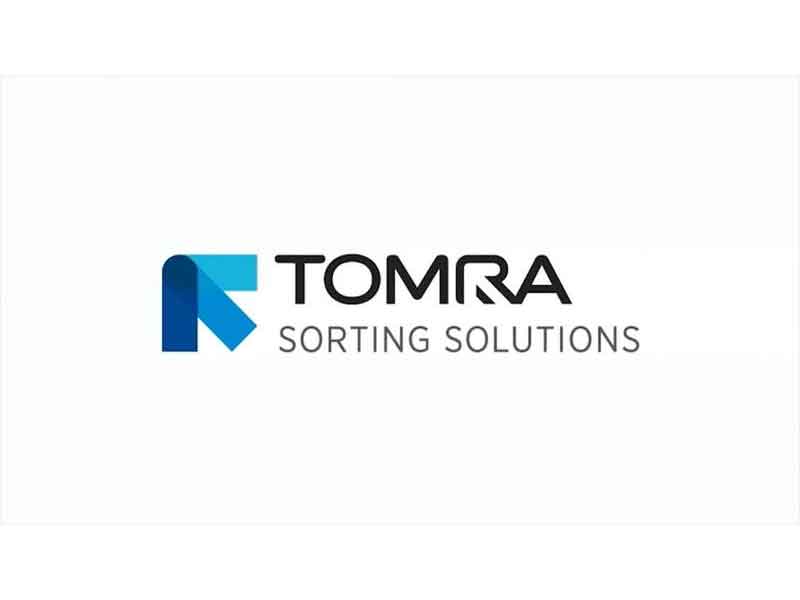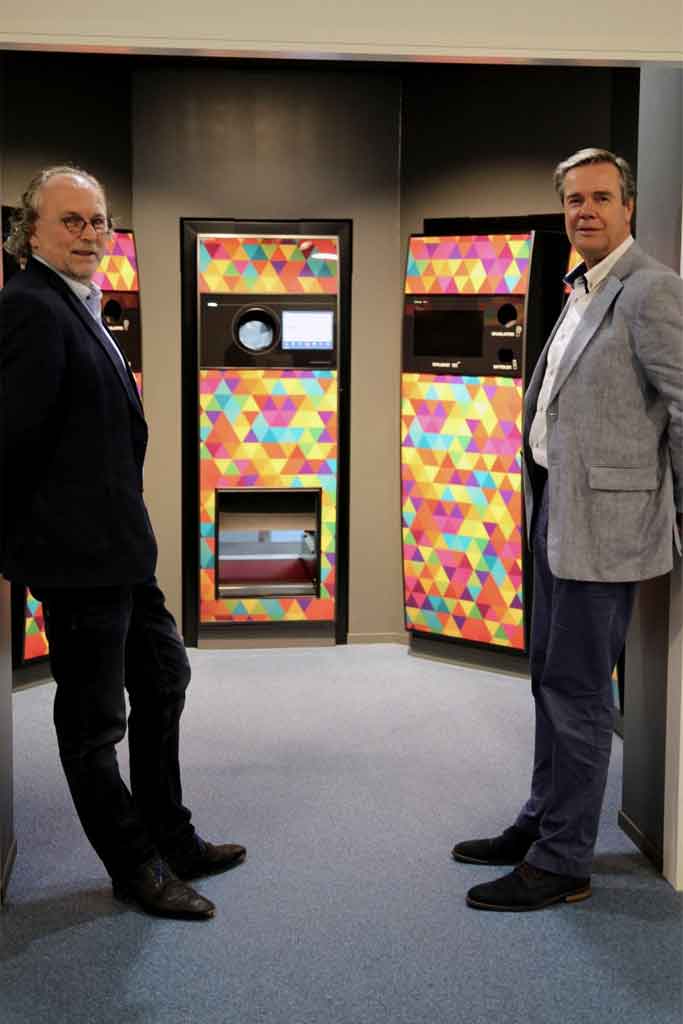
Produces and delivers bottle intake machines
TOMRA Systems
Produces and delivers bottle intake machines
The Netherlands count about 4.200 supermarkets, they almost all use one or more machines for taking in their clients empty bottles and crates for deposit money. These machines all come from TOMRA in Apeldoorn.
TOMRA, which means Tomflaske Returautomat, is originally a Norwegian company. The company started in 1972, the first foreign office was opened in Oldenzaal in 1983. At the end of the nineties the office moved to Apeldoorn. The bottle machines are produced in Norway.
TOMRA Nederland takes care of the ‘backroom’ for the transport of the empty bottles and crates after intake. This means rolling tracks, lifts, special tables and conveyors. These are all tailormade, built exactly to fit into the client’s shop environment. TOMRA’s strength is in its service. When a machine is defective, a service worker will be there in six hours on average, seven days per week. New players tried to gain market-share in the past few year. However, building and maintaining a service network is costly, which is why TOMRA is still market leader. The consequence for TOMRA is that they operate in a replacement market.
TOMRA’s clients are, besides big retailers, the catering industry and other companies. They don’t only focus on bottle machines. The company also delivers Orwak (waste)balers which are used to compress about 400 kilos of cardboard into one bale. The bales can then be sold to a recycler.
Twenty percent of the bottle machines are being exported, however this is mainly to counties using a deposit system. In Belgium and France this is only matters to a limited degree. Spain, the United Kingdom, Malta and Cyprus, amongst others are considering the introduction of bottle deposits. If they would decide for, it would mean that 98% of all bottles will be returned and will be high-quality recycled. TOMRA expects more export in the future. Bahrein is a prime example for that. “An unexpected client, a completely different country, completely unknown and yet we still managed to get our bottle machines up and running there,” according to director Hissink.

